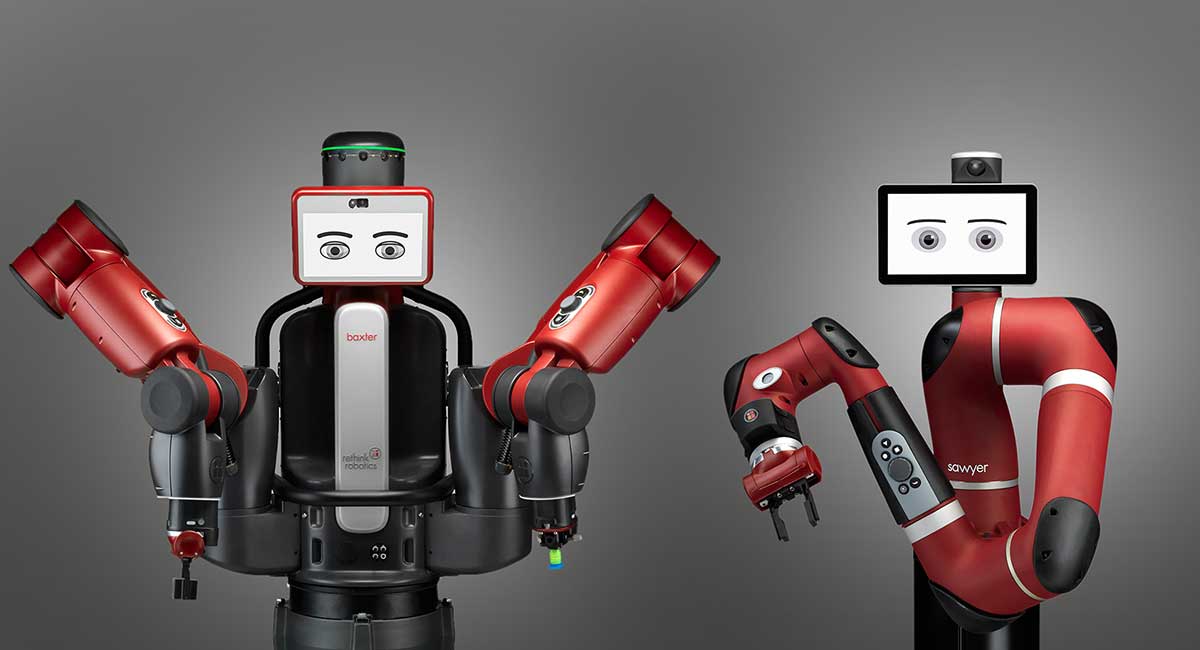Rodney Brooks still thinks the future will be fast and cheap, but perhaps not out of control.
In Errol Morris’ 1997 documentary, the roboticist famously says that in tomorrow’s world of intelligent machines, humans might not be necessary. In a BBC piece written by Regan Morris, Brooks backs off that statement (“You can’t expect me to stand by something I said during a long day of filming 20 years ago!”), and also explains why he doesn’t fear technological unemployment or appreciate “cute” robots.
Brooks is certainly right that AI handling rote, backbreaking tasks is a good thing in the big picture, though distribution of wealth is a sticky point. And the work that disappears won’t only be of the blue-collar variety.
An excerpt:
Some people remain nervous about the growing role of robots.
Martin Ford, the author of Rise of the Robots, says robots will change the global economy in drastic ways beyond manufacturing. White collar jobs, are equally susceptible and likely more at risk, he says.
“I think it’s inevitable that robots will displace a lot of jobs, if you have a PhD in science and engineering, you’re probably safe. But that’s not many people,” Ford says.
“We can’t stop it. We can’t educate ourselves out of it. Top level, highly creative, highly skilled jobs will survive. But most people do average stuff. Even if we tried we couldn’t educate every person to be a rocket scientist or brain surgeon.”
Baby boomers need bots
Mr Brooks is less concerned. He thinks fears of robots taking over jobs are overblown and that robots will improve people’s lives.
“I think there’s a misconception amongst the wealthy people in the bubble that there are endless rows of people wanting dull, boring jobs in factories. It’s not true,” Mr Brooks says, adding that robots will become more pervasive in society as baby boomers age and require more self-driving cars and home healthcare.•
Tags: Martin Ford, Regan Morris, Rodney Brooks

